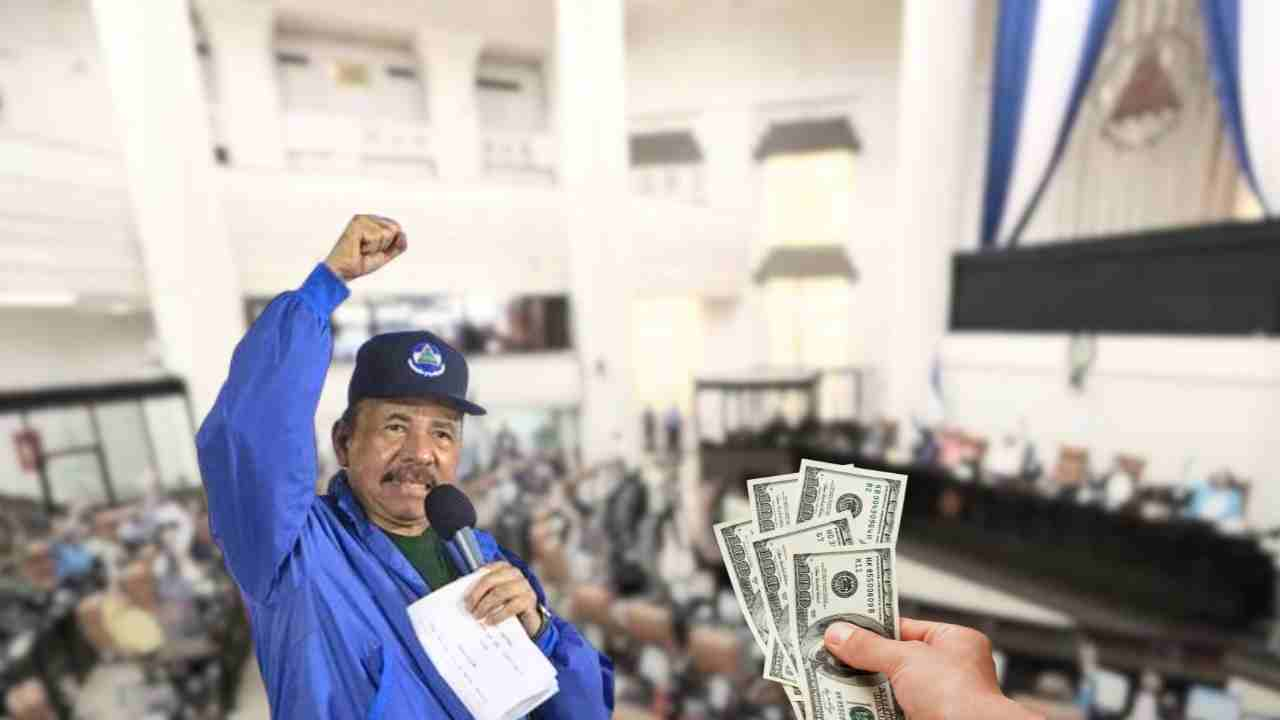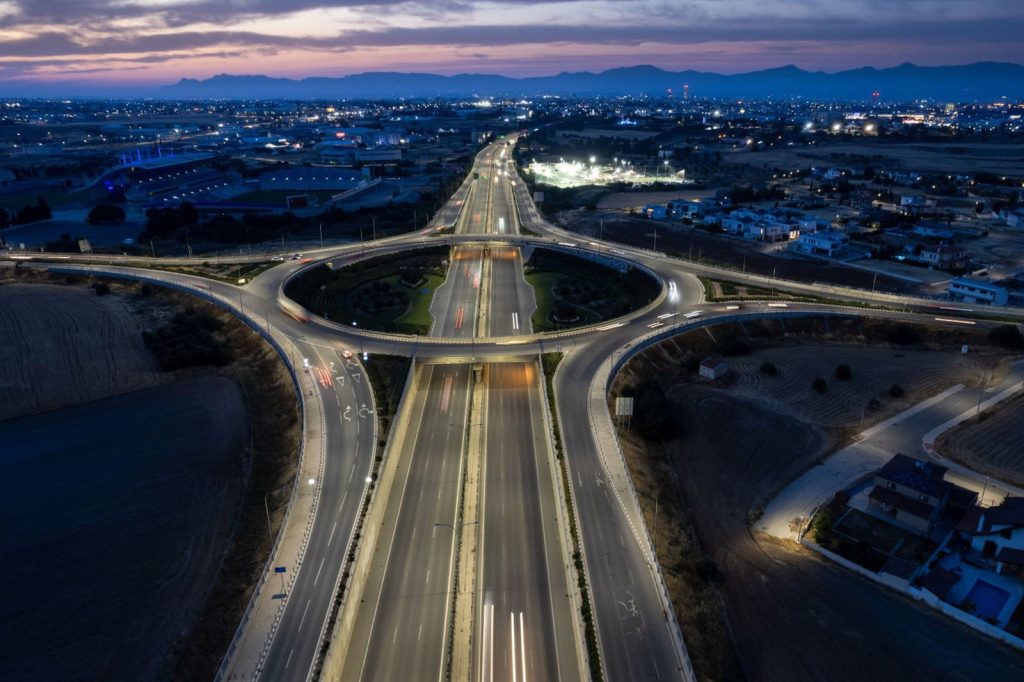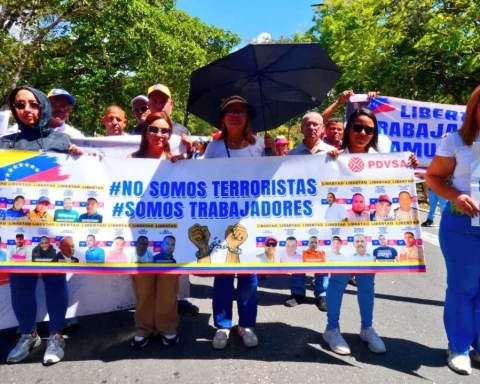The dictatorship of Daniel Ortega and Rosario Murillo came out in defense of Dante Mossi in the lawsuit filed by the Central American Bank for Economic Integration (CABEI), the regional financial institution against the former Executive President for having violated the policies of that institution during his mandate.
In an official note published on its website, the CABEI announced that it has filed a civil suit against Mossi in the District of Columbia, United States, for “breach of fiduciary duty, market manipulation, unlawful interference and breach of contract.”
Furthermore, the legal action against Mossi is for “violation of the Law Racketeer Influenced and Corrupt Organizations Act (RICO: Racketeer Influenced and Corrupt Organizations Act.) The regional bank clarifies that “this action not only presents the illegal scheme structured by Mr. Mossi, but also his multiple violations of the Bank’s policies.”
In response to the legal action initiated by the financial institution, of which the State of Nicaragua is a partner, the dictators Ortega and Murillo ordered the governor of the institution and Minister of Finance and Public Credit, Bruno Gallardo, to send a letter to the Executive President of the BCIE, Ana Gisela Sánchez Maroto, expressing their “disagreement” with the lawsuit and complaining about why they were not consulted.
In the document signed by Gallardo, the Ortega-Murillo regime states that it “does not support and distances itself from this demand,” and points out that the CABEI “should focus on financing countries, avoiding media actions that are detrimental to its image and that may be subject to political manipulation.”
Guatemalan President Bernardo Arévalo said that Guatemala was not part of a third-party agreement with the governments of Nicaragua and the United States and that it is only a matter of hosting political prisoners under the safe mobility program that allows a temporary stay for citizens of El Salvador, Honduras and Nicaragua (CA4) to arrange immigration documents and then it will be the exiles who decide in which country they will reside.
In an interview given by Arévalo to the program Conclusions, from CNNassured that Guatemala yielded to a request from the United States to temporarily receive the group of 135 Nicaraguans considered political prisoners in Nicaragua and who were in jail by the Ortega dictatorship; however, he clarified that the negotiation for their release was an agreement between the United States and Nicaragua, Guatemala did not maintain any contact with the Ortega government.
The Guatemalan president indicated that among the 135 political prisoners there are religious figures, academics, journalists, indigenous leaders and other social actors who have in common the protest they were carrying out against the authoritarian drift of the Nicaraguan government and in defense of their civil rights. “For us it has been an expression of solidarity with our Nicaraguan brothers and our commitment as a government to democracy and freedom throughout the world,” he said.
Related news: Ortega’s law seeking to prosecute exiled opponents comes into force
A law passed by Nicaragua’s parliament that allows for the prosecution of those who commit acts abroad against the government of Daniel Ortega came into effect on Friday after being published in the official gazette.
Exiled opponents say that this law reforming the penal code, approved unanimously on Tuesday by the Ortega-controlled congress, will be used as a “tool of transnational repression.”
“Nicaraguan criminal laws will also be applicable to Nicaraguans or foreigners (…) outside the national territory,” states the rule published in the official newspaper La Gaceta.
The actions contemplated by the law include “crimes against public administration, cybercrimes or crimes against the State or its institutions,” considered as “undermining national integrity,” with penalties of up to 30 years in prison and confiscation of assets.
Related news: Arévalo: It is Guatemala’s responsibility to support those fighting against the Ortega dictatorship
The law also provides for fines and other sanctions against companies and organizations.
The Ortega government has tightened legislation and repression following opposition protests in 2018. Since then, some 5,500 NGOs have been closed and their assets confiscated.
The protests have left more than 300 dead in three months, according to the UN, and since then thousands of Nicaraguans have gone into exile and hundreds have been expelled and their property confiscated.

















